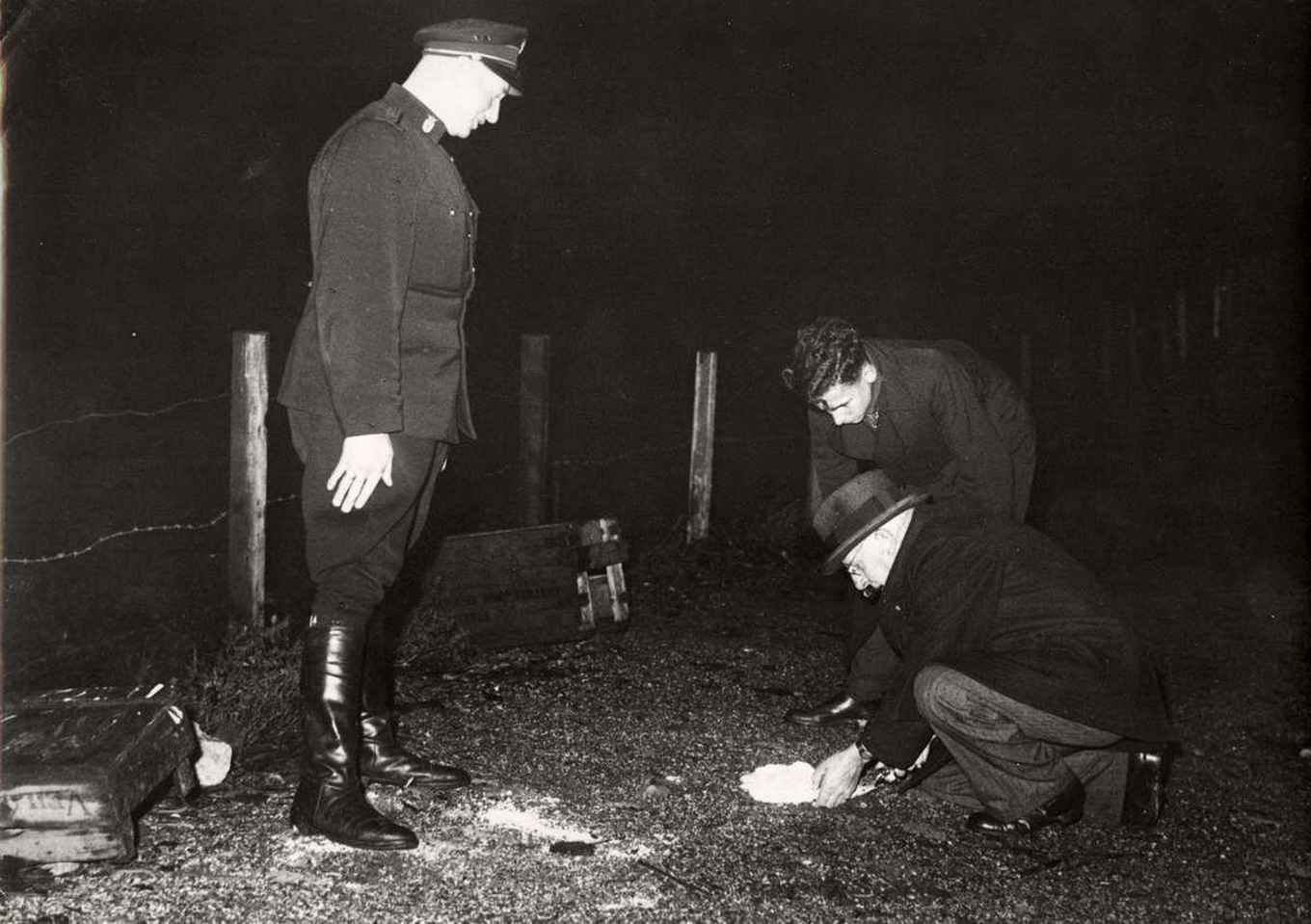The life and work of Co van Ledden Hulsebosch
Co's father had conducted basic forensic research on behalf of the police and judicial authorities for some time. His son soon became fascinated with the work and decided to explore the realm of forensic research. His career in the field of scientific police research started on 9 March 1902, when his father was summoned to help the Alkmaar police force investigate a sex crime. With his father attending a conference in Brussels, Co travelled to Alkmaar in his place and successfully solved the first in a long series of cases through the analysis of 'silent witnesses' left at the crime scene. The use of 'silent witnesses' - forensic evidence, such as cigarette butts, blood spatters, burnt matchsticks, fingerprints and so on, was still relatively uncommon in those days. Most cases were still solved on the basis of witness statements.
Logical
In addition to carefully assessing these traces and logically evaluating their correlation, he also experimented with chemical methods in order to improve trace visibility and developed chemical analysis techniques for the assessment of suspicious substances. A good case in point would be the use of ultraviolet fluorescence in the identification and analysis of ‘Flecke und Spuren von Sperma, Harn, Weißfluß, Schweiß und Blutserum’, (Sperm, urine, white discharge, sweat and blood serum stains and traces) all of which ‘deutlich aufleuchten’ (clearly illuminate). He personally obtained the required lamp from Madam Curie herself. In 1914, he established the very first school for scientific police investigation with as its core subject 'the Science of Forensics'. Two years later, he became the Amsterdam police force's official chemist. In 1923, he became a private lecturer at the University of Amsterdam, where he taught 'the science of criminal investigation'.
Calm
Despite preferring to work in the privacy and calm of his laboratory in Amsterdam - 'the workshop' as he called it - Co van Ledden Hulsebosch provided assistance on cases in both the Netherlands and abroad. In 1929, he co-founded the ‘Academie Internationale de Criminalistique’ in Vienna. He wrote a book on his experiences, entitled 'Forty years of investigative work'. He was appointed Officer in the Order of Orange-Nassau and awarded the Officer's Cross in the Belgian Order of Leopold II. Co van Ledden Hulsebosch died in Amsterdam on 18 April 1952 at the age of 75.
